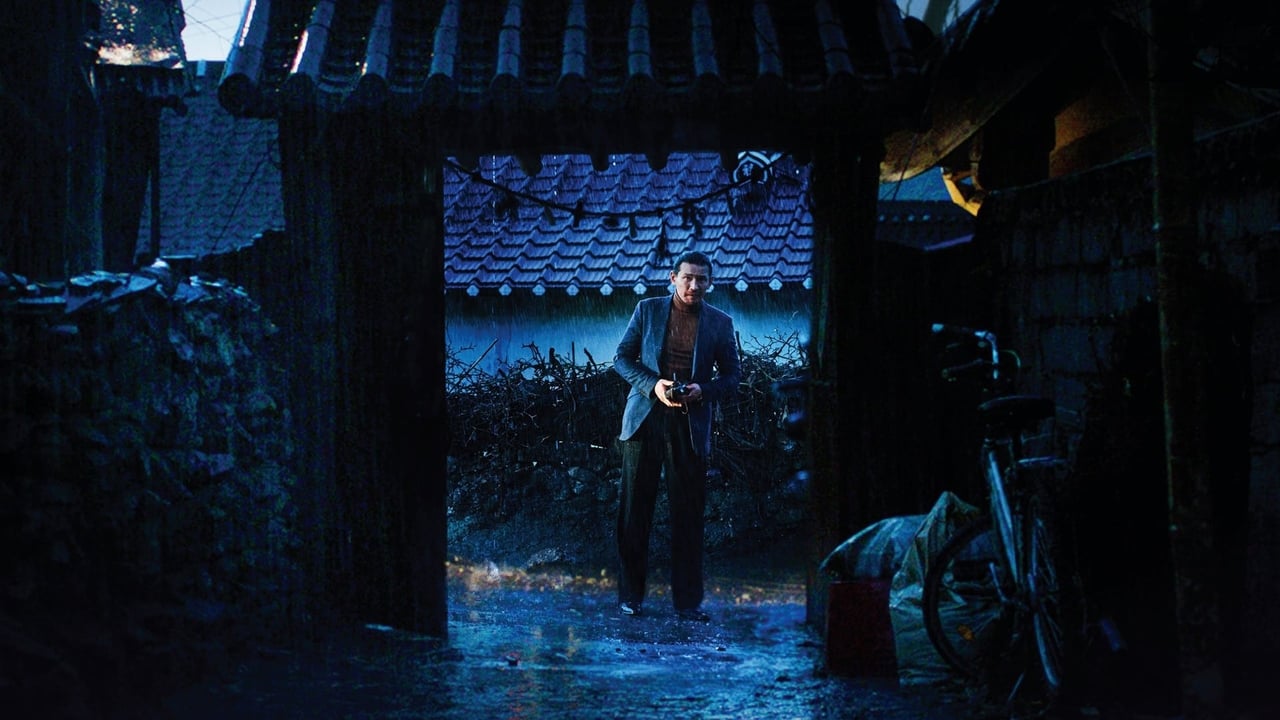

Better Late Then Never
... View MoreIt's hard to see any effort in the film. There's no comedy to speak of, no real drama and, worst of all.
... View MoreHow wonderful it is to see this fine actress carry a film and carry it so beautifully.
... View MoreThis is a coming of age storyline that you've seen in one form or another for decades. It takes a truly unique voice to make yet another one worth watching.
... View MoreThis is another fantastic horror movie from South Korean. Totally creepy! This movie takes place in a small town/village, when a murder takes place. A relative kills his family. Is the murderer sick, on drugs, or something more sinister? Is this a version of voodoo? There are so many questions and as you watch the film, so many weird things are going on. You'll never guess the end......and I'm not telling! This movie gave me chills! Definitely worth your time. This movie is in Korean, but you get past the subtitles quickly once you get into the movie, which doesn't take long.
... View MoreWatching "The Wailing" is quite an undertaking. With a runtime of almost 3 hours this Korean Horror-Triller is a shear beast. Unfortunately I feel like pretty much more than half the runtime should have been cut. "The Wailing" circles around in a seemingly endless "who done it" or, to be more precise, "who is it" and even though the acting of our lead Do-won Kwak was not too bad, the dialogues bothered me constantly. I find myself repeating this for about every Asian movie and I assume it must be a cultural thing. I mostly find the talk so generic and pointless, that you could reduce some movies to 5-10 important lines and let them be quiet for the entire rest of the runtime. And this movie is no different. The best acting performance was delivered by Jun Kunimura, who not only presented a great play with mimic, but also refused to talk much (I bet he knew I would appreciate that). The cinematography was pretty good and I liked the realistic appearing gore effects. Not so much on the "possessed zombies" but therefore on the crime scenes and such. With that many pro's and con's "The Wailing" ends up somewhere in the middle and can therefore be labeled average.
... View MoreThis possession tale is told very differently and more mysteriously, which becomes increasingly disturbing as we learn more about what is actually happening here. The film was actually really creepy. There's also a lot of hidden agendas so one has to watch carefully and read between the lines. The ending will no doubt leave you a bit confused, as it appears there's been more than one demon all along (or at least an apprentice) but this is not made very clear. A second viewing might solve some of your unanswered questions.I must admit I found Do-won Kwak's acting almost lazy. Maybe this was the story's intention to have him look incompetent, but his character as a policeman was not very credible. The police in general seemed clueless and inexperienced and that was a bit of a drawback for me. When they found all the evidence at the Japanese man's home, they simply left and did not even attempt an arrest or brought him in for questioning. That was just not believable. They also too easily believed gossip instead of evidence, and the whole investigation back story was a lackluster effort, to say the least. In contrast, Hwan-hee Kim was excellent as the possessed girl.
... View MoreThe Wailing may look like a generic and light-hearted horror movie on the surface. However, by delving deeper into the story's plot, evidences of satire that is related to the second World War and the Japanese invasion of Korea can be seen clearly. At the center of the satire, is the Japanese man who represents the war era Japan that had invaded Korea, resulting in the death of many men, women, and children and the emergence of "comfort Women" which was in reality the prostitution of young women and even girls. For instance, the young woman in white may represent the Comfort Women. There is even a a scene in which the Japanese man chases the woman in the jungle. And in another scene, he attacks another woman in an attempt to rape her. There are also other traces of rape and sexual abuse in women. For example, most women seem to have contracted a disease that is somewhat similar to that of an STD that has also transferred into men. And the policeman's daughter's thighs are bruised. Later, she also confesses that she has met the Japanese man. Moreover,the Japanese man's cleansing practice in the waterfall may represent Japan's attempt to cleanse its past, but to no avail. The whole village and maybe even the policeman stands for Korea, and the people are the nation. Nobody trusts the Japanese man, nobody likes him, but no matter how hard they try, they fail to drive him out of the village; he is there to stay and to make sure that everyone is consumed. One by one, the families fall victim to the Japanese man (or the Devil) who fall upon them like a disease. The disease then spreads until it consumes the whole village. Finally, the Shaman is a representation of traitors that allowed Japan to take over the country for their own personal profit. All in all, the movie has skillfully illustrated the horrors of the war, and the feeling of helplessness and darkness that takes over a country during such a period.
... View More